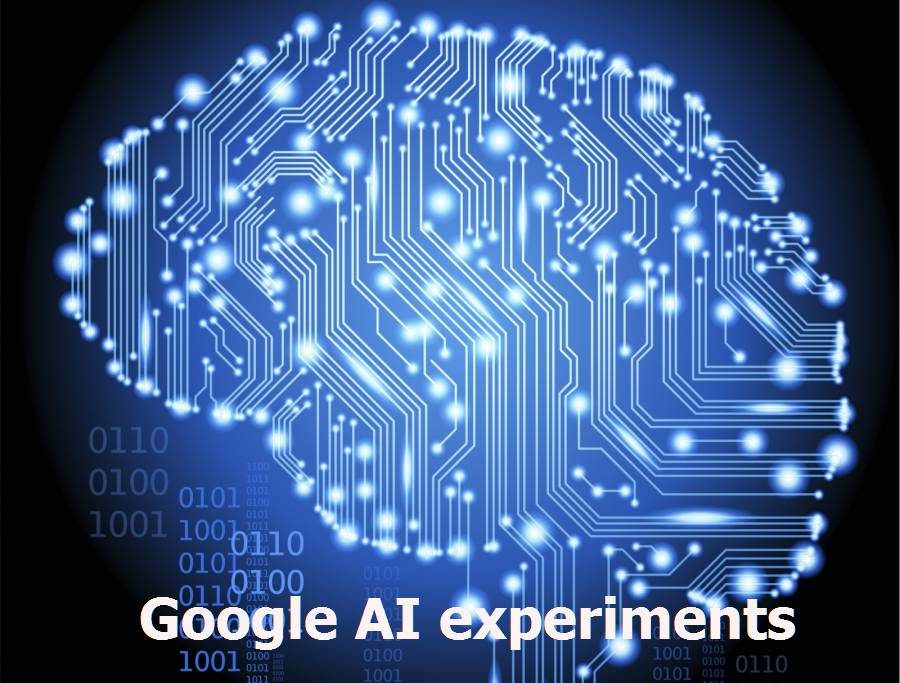On Tuesday, Google launched AI Experiments, new site dedicated to hosting the latest machine learning projects developed by the company and third parties. Everyday users can test and play with the experiments, helping them to get better in the process.
Google’s new AI Experiments represent a huge breakthrough for the tech giant, making a library of thousands of tests available to users around the world.
The company has previously infused services like Play Music, Translator, and its Cloud Platform with machine learning power.
AI Experiments divides the site into three categories: Chrome, Android, and Arts & Culture experiments. Some of the projects require both a PC and a mobile device to work, while others even employ other peripherals like musical instruments.
Google’s ‘Quick, Draw!’ recognizes things you doodle
Jonas Jongejan, Henry Rowley, Takashi Kawashima, Jongmim Kim, and Nick Fox-Gieg from Google’s Creative Lab and Data Arts Team developed ‘Quick, Draw!’ as a project for the new AI Experiments site.
‘Quick, Draw!’ is a game that consists of drawing requests within a 20-second time limit. The catch is the game is using a neural network as the user creates the image to predict the outcome.
The more people play it, the more drawings it has as a reference to recognize things like ‘Lion,’ ‘Phone,’ ‘Beach,’ and ‘Spider.’ A decent drawer can get ‘Quick, Draw!’ to identify the drawing in just seconds.
Google’s ‘Infinite Drum Machine’ uses AI to create amazing beats
Kyle McDonald, Manny Tan, and Yotam Mann from the Google Creative Lab built the ‘Infinite Drum Machine’ with help from the London Philharmonia. The experiment uses machine learning to organize sounds and generate beats.
The ‘Infinite Drum Machine’ groups tens of thousands of sounds in a color map made of dots thanks to AI. The project has categorized the extensive audio sample library with tags, and users can explore and filter which sounds they want to use in the beat.
The drum sequencer at the bottom of the page lets users customize the rhythm and tempo of the beat, and even randomize the sound components to create unexpected combinations.
Google wants users to develop their AI Experiment
Further, AI Experiments featured on the site include ‘Giorgio Cam,’ for object identification, and ‘Thing Translator’ to name things in different languages using AI on mobile devices. ‘A.I. Duet’ even plays the piano with you simultaneously.
Google has made the site not only a repository to host machine learning projects and experiments, but also a place for growth and human learning.
The company has made available a full catalog of open source tools to build AI Experiments completely for free on the new page.
“We want to make it easier for any coder – whether you have a machine learning background or not – to create your own experiments,” says Google on the site. “If you make something you’d like to share, we’d love to see it and possibly add it to the showcase.”
Source: AI Experiments





